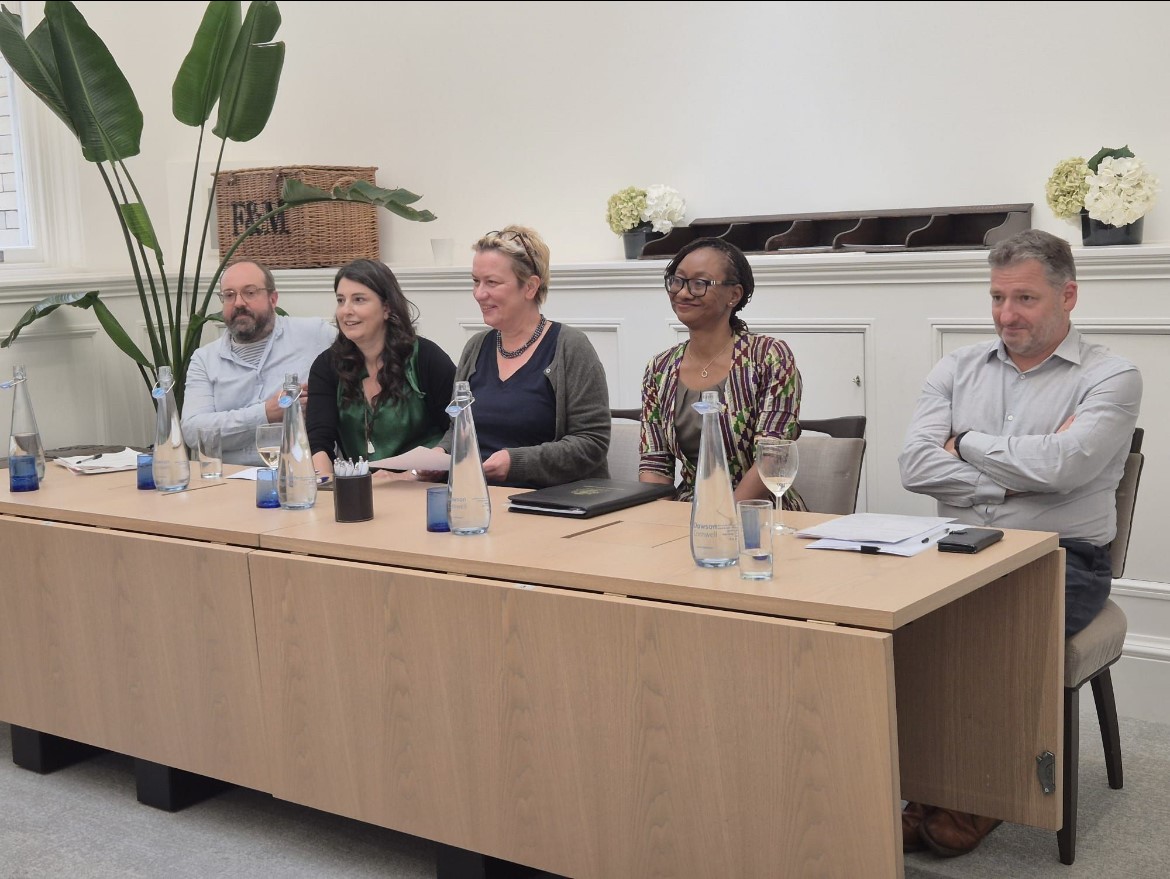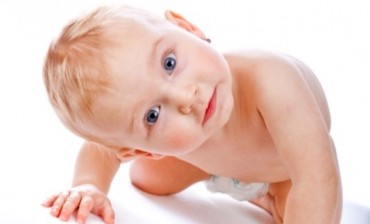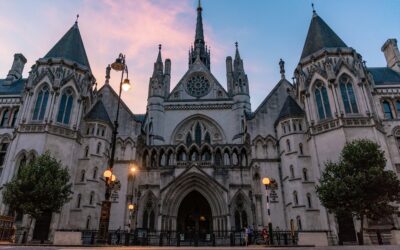Natalie was delighted to join a wonderful panel at Dawson Cornwell in London to discuss the maze of international adoption and surrogacy, speaking alongside adoption law specialist Hilka Holman, Judge Fiona Mwale of the Malawi High Court, Spencer Clarke from the English Law Commission and immigration lawyer Barry O’Leary. With an invited audience of leading High Court judges, lawyers and CAFCASS/ social workers, the event prompted a lively and passionate discussion about how we could improve adoption to better support the welfare of children.
Natalie was asked to speak about the growing number of surrogacy cases in which adoption is used as a solution rather than parental orders, particularly where parents do not have a biological connection with their child. Sharing our experience on the ground, Natalie explained that such parents are often single mothers who have tried to conceive in every other way before surrogacy. Others are heterosexual or same-sex parents, unable to use their own gametes because of fertility problems and/or cancer history. Most conceive overseas, mainly in the US where legal parenthood is dictated by intention and agreement regardless of genetic connection, and they are the legal parents whatever their fertility fortunes. And that’s what can make UK law seem so cruel: UK law would have treated these parents as their child’s legal parents automatically had they carried a non-biological child, or enabled them to seek a parental order if either of their own gametes had worked. The arbitrary line the law draws – when it’s OK to use a US surrogate or to use donor gametes but not both – just feels like a punishment for the misfortune of cancer, infertility or miscarriage.
Natalie also spoke about the discrimination inherent in our existing law. Since 2019 single parents have been able to apply for parental orders, but the ending of discrimination has been unequal since most single fathers can conceive through surrogacy using their own gametes but very few single mothers can: if they have medical or fertility issues which make carrying a pregnancy impossible, there is likely a problem with their eggs too. Where this happens in heterosexual couples, a non-biological mother through surrogacy can become a legal parent through a parental order. Not so if she is single.
Adoption is therefore an emerging alternative solution for children born through surrogacy outside the framework of eligibility for parental orders. It is a long and complex process, taking two years or more to navigate and leaving children in an exposed and vulnerable position for even longer than parental orders do. And there is also a still-unresolved and important legal issue, which is whether someone entering into a commercial surrogacy arrangement overseas and then bringing a child into the UK with a view to seeking an adoption order commits an inadvertent offence under our inter-country adoption rules. Of the two reported decisions on this issue so far, the court concluded in both cases that the parents through surrogacy had not committed an offence, but they were fact-specific decisions which has left the wider issue still largely unresolved.
We are of course trying to make a round peg fit a square hole here. Adoption law was not designed for managing international surrogacy, and it contains complex rules and procedures in inter-country situations. However, there are also solid legal arguments why the adoption law offences – designed to address other evils – would only very rarely apply to international surrogacy cases, and these should be articulated clearly. And of course there is the ultimate backstop that the court can make an adoption order regardless of any technical offences in any event if – as is so clearly the case – an adoption order is in the child’s best interests.
Natalie’s plea in the discussion was for these technicalities to be clearly and confidently addressed, so that parents feel confident that adoption is a viable solution for children born through international surrogacy where it is needed. Parental orders were once viewed by parents as risky and uncertain but are now an established pathway, with a high level of applications and few children left in legal limbo. We need to get to the same place with adoption, so that parents through international surrogacy are encouraged to seek orders which will safeguard their children’s welfare. Children will continue to be born through surrogacy in cases like this, and they need the courage and creativity of legal practitioners and judges hearing early cases to ensure they have access to the legal protection they deserve.
The UK’s leading fertility lawyers
Find out more about how we support those creating families



